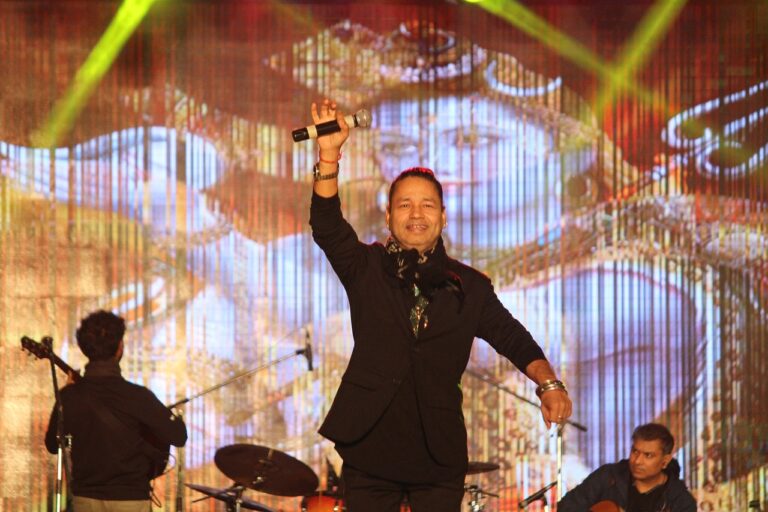Electoral Demographics in Developing Countries: Allexchange bet, 99 exchange login, Allpanel com
allexchange bet, 99 exchange login, allpanel com: In developing countries, electoral demographics play a crucial role in shaping the political landscape. Understanding the demographics of voters is essential for political parties to tailor their campaigns and policies to appeal to specific groups and gain electoral success. Let’s delve into the significance of electoral demographics in developing countries and how they influence the political landscape.
Demographics and Voting Behavior
Demographics such as age, gender, income, education level, and ethnicity can significantly impact voting behavior in developing countries. For example, younger voters may be more inclined to support progressive policies, while older voters may lean towards conservative ideologies. Understanding these demographic trends can help political parties craft their messages and strategies to resonate with different segments of the population.
Urban vs. Rural Divide
The urban-rural demographic divide is often stark in developing countries. Urban areas tend to be more diverse and progressive, while rural areas may be more conservative and traditional. Political parties need to address the unique concerns and priorities of both urban and rural voters to build a broad coalition of support.
Ethnic and Religious Diversity
Many developing countries are characterized by ethnic and religious diversity, which can shape electoral outcomes. Politicians often mobilize support along ethnic or religious lines, leading to polarization and division. Building inclusive policies that address the needs of all ethnic and religious groups is crucial for fostering national unity and stability.
Youth Vote
The youth vote is a powerful force in developing countries, with a growing number of young people engaging in politics and shaping electoral outcomes. Politicians need to address the aspirations and concerns of young voters to secure their support. Investing in education, job creation, and youth empowerment can help mobilize the youth vote and drive positive change.
Women in Politics
Gender demographics also play a crucial role in shaping electoral outcomes. Women make up a significant portion of the electorate in developing countries, yet they are often underrepresented in political leadership positions. Encouraging female political participation and empowering women to run for office can help promote gender equality and strengthen democratic institutions.
Economic Factors
Economic demographics, such as income levels and socioeconomic status, can influence voting behavior in developing countries. Voters impacted by poverty and inequality may prioritize economic issues when casting their ballots. Political parties that address the economic concerns of marginalized communities can gain popular support and drive inclusive development.
In conclusion, electoral demographics in developing countries are diverse and multifaceted, shaping political dynamics and electoral outcomes. Political parties must understand the nuances of demographic trends and tailor their strategies to appeal to a broad spectrum of voters. By addressing the unique needs and aspirations of different demographic groups, policymakers can build inclusive societies and drive sustainable development.
FAQs
1. How do electoral demographics impact political campaigns in developing countries?
Electoral demographics influence political campaigns by shaping voter preferences, priorities, and behavior. Political parties need to understand demographic trends to craft effective messages and strategies that resonate with specific voter groups.
2. Why is the youth vote important in developing countries?
The youth vote is crucial in developing countries because young people represent a significant portion of the population and can drive political change. Mobilizing the youth vote can help shape electoral outcomes and push for policies that address the needs and aspirations of the younger generation.
3. What role do women play in shaping electoral demographics in developing countries?
Women make up a substantial portion of the electorate in developing countries, yet they are often underrepresented in political leadership positions. Empowering women to participate in politics and advocating for gender equality can help promote inclusive governance and strengthen democratic institutions.







